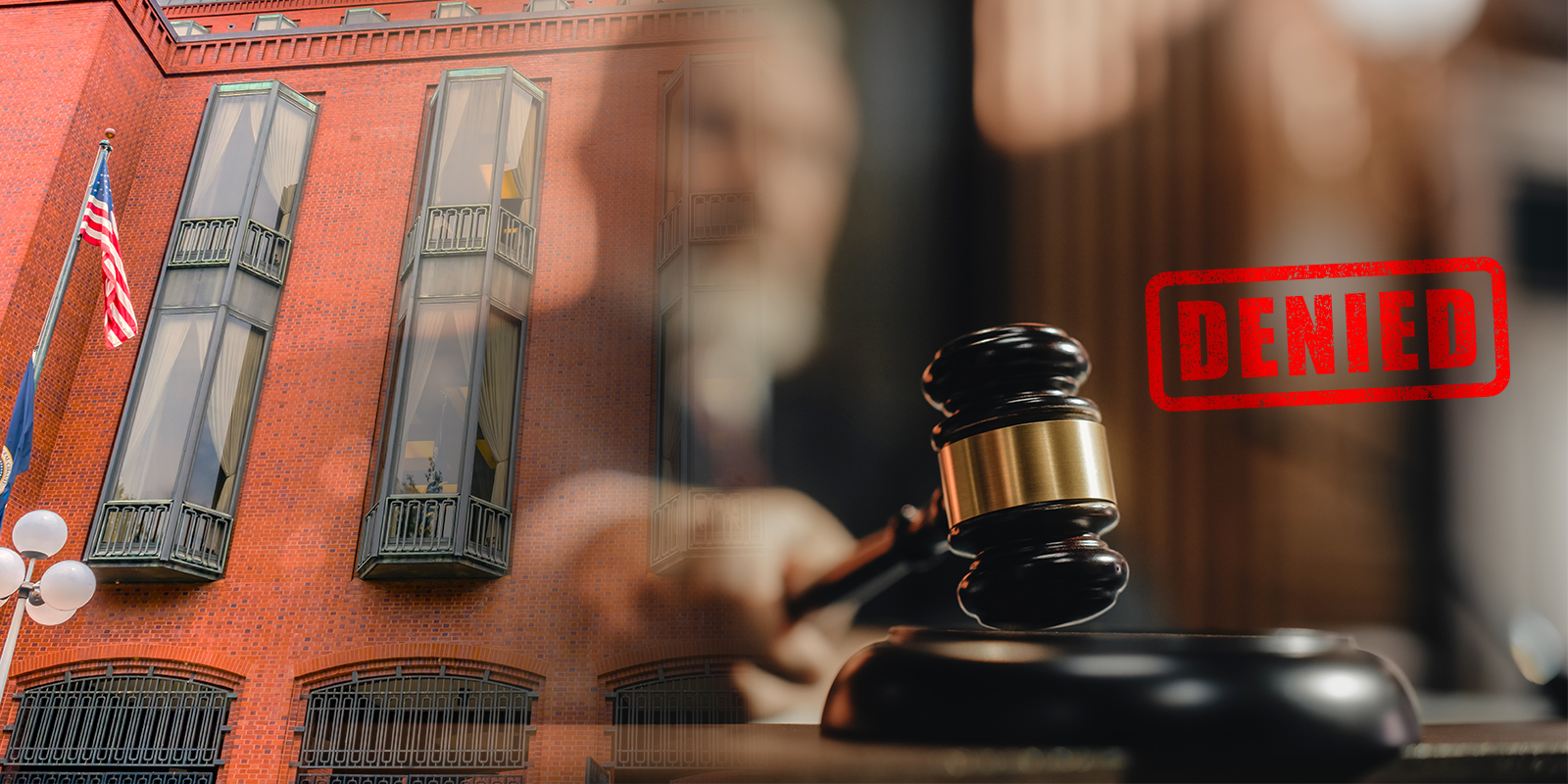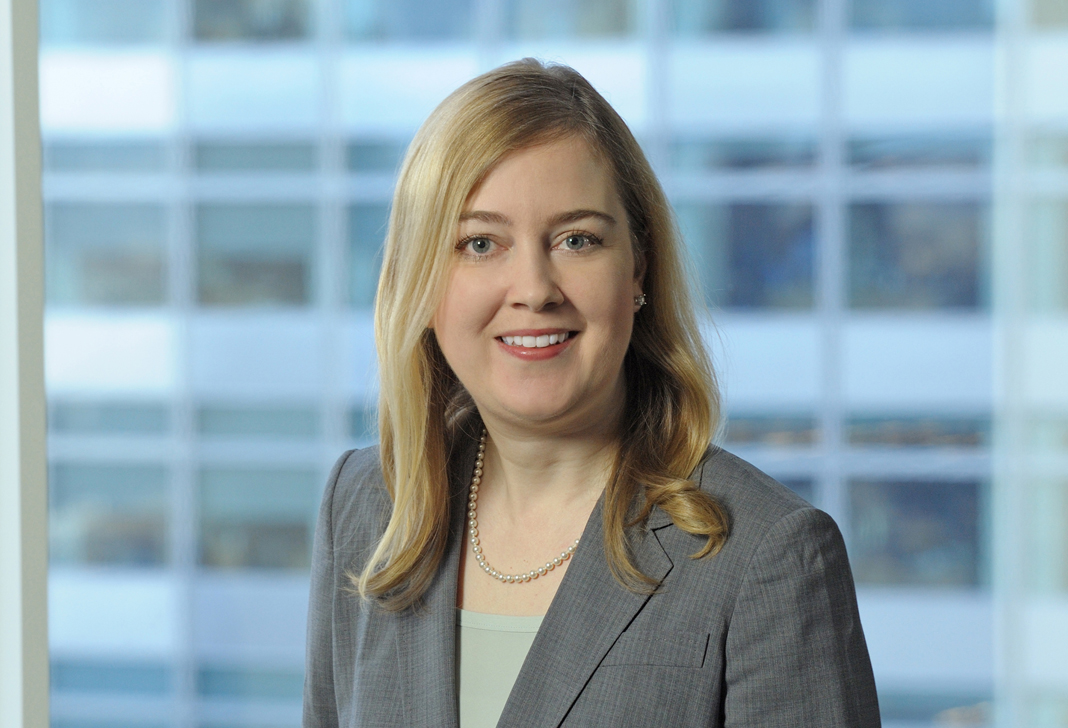
Federal Circuit Denies Petition for Rehearing En Banc Filed By Cellect, LLC
The Federal Circuit denied Cellect, LLC's petition for rehearing en banc of the In re Cellect case, which held that the expiration of a patent for obviousness-type double patenting ("ODP") purposes is the expiration date after the addition of patent term adjustment ("PTA").
In the Order issued on January 19, 2024, the Federal Circuit denied Cellect's petition for rehearing en banc of the Federal Circuit decision regarding PTA and ODP. In its decision, the Federal Circuit agreed with the Patent Trial and Appeal Board that PTA (unlike patent term extension ("PTE")) is included in patent term for purposes of the ODP analysis. In re Cellect, LLC, 81 F.4th 1216 (Fed. Cir. 2023). The Federal Circuit concluded that, "ODP for a patent that has received PTA … must be based on the expiration date of the patent after PTA has been added." Id. at 1229. Thus, claims in a patent with PTA may be unpatentable for ODP over other claims in patents in the same family without PTA or with less PTA.
The Federal Circuit in In re Cellect distinguished the statute for PTE, which extends patent term for regulatory delay, from the statute for PTA, which extends patent term for Patent Office delay during prosecution. The Court noted that in contrast to PTA, "the expiration date used for an ODP analysis where a patent has received PTE is the expiration date before the PTE has been added. Id. at 1226.
In view of the standing Federal Circuit decision, patentees should revisit patent term expiration dates of patents with PTA for potential ODP issues, and consider whether it may be appropriate to file terminal disclaimers. Going forward, this decision may affect the overall value of PTA and the effectiveness of its intended purpose.
Unless an extension is obtained, the deadline for filing for writ of certiorari is April 18, 2024.




